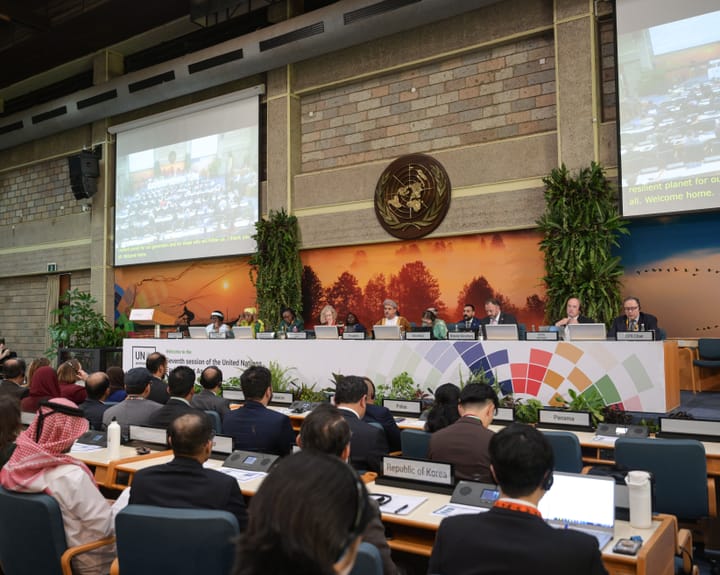Today, strong advocates of technology dominate the ranks of influential Silicon Valley figures. They envision a promising future for humanity driven by rapid advancements in innovation.
Undeniably, technology and science are among humanity’s greatest strengths and sources of hope. However, this optimism often goes too far, as technological progress invariably introduces new challenges even while solving existing ones—a lesson well-documented by scientific inquiry. Blind faith in technology risks delivering fleeting benefits while imposing long-term consequences. To truly harness technological potential, a more measured and thoughtful approach is essential.
Why does technology frequently create unexpected issues alongside its successes? Anthropologist Sander van der Leeuw proposed an explanation years ago, now resembling a natural principle. When confronting a problem, we develop a simplified model of how the world works, then design a solution based on that understanding. Often, this fixes the immediate issue—but inevitably, the model proves incomplete. What was omitted leads to unintended repercussions once the technology interacts with reality.
This pattern recurs because simplified models are useful yet misleading. Their omissions blind us to full consequences. More efficient fishing methods boost food supply, only to deplete ocean life. Non-stick cookware revolutionizes kitchens, until its hazardous chemicals spread globally. Plastics, prized for convenience, now saturate ecosystems, infiltrating even our bodies. Such outcomes accompany technology’s triumphs.
Recognizing this demands proactive problem-solving within innovation itself. Acknowledging our limitations doesn’t mean rejecting progress but prioritizing foresight and restraint. It means implementing safeguards, allowing corrective measures, and minimizing severe fallout.
Current trends in artificial intelligence (AI) research exemplify a dangerous lack of caution. A few dominant corporations race to dominate the AI landscape, releasing models rapidly with minimal scrutiny. The consequences remain uncertain, yet oversight lags behind deployment. Responsible development requires balancing ambition with accountability—a lesson history underscores but often goes unheeded.
Read next

Africa's Warning on Solar Geoengineering Risks Gains Editorial Backing
It is appropriate that this week’s United Nations environmental discussions are happening in Nairobi, as Africa plays a central role in shaping global climate dialogue. Diplomats from the continent are addressing the complex issue of whether attempting to cool Earth by reducing sunlight exposure is a prudent approach. While

Might Narcolepsy Medication Revolutionize the World?
Breakthroughs in Sleep Science Reveal Surprising Insights
During a conversation with a pharmaceutical researcher, I learned of significant progress in sleep medications. One promising development targets narcolepsy, though its method could also address broader sleep issues like insomnia, much like how certain unexpected innovations find wider applications — akin to adhesive

"Far right still dominant in Netherlands despite Wilders' government setback"
Dutch Voters Head to the Polls Amid Political Instability
On Wednesday, Dutch citizens will cast their votes once again, marking the ninth election for the Tweede Kamer—the legislative chamber of the Netherlands’ parliament—in this still young century. In some respects, the country has come to resemble Italy in

